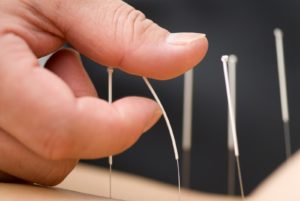For couples trying to get pregnant, the process can be one of the most excitingly joy-filled or exhaustingly frustrating times of their lives.
Treatments like in vitro fertilization and hormone shots have varying reliability and sometimes come with a steep financial burden. These factors often leave couples looking for alternative approaches to complement their existing infertility treatments. You might be surprised to learn that acupuncture helps over 4.5 million couples/year with infertility.
According to Dr. Raymond Chang, who’s both a Western-trained physician and a classically trained acupuncturist, the ancient Chinese treatment can stimulate egg production in women who can’t or don’t want to take fertility medications. In a study published in the journal Fertility and Sterility, he notes that acupuncture increases the production of “feel good” endorphins, which play a critical role in regulating ovulation.
Dr. Raymond Chang reported to WebMD “When you compare the pregnancy rates for an egg producing drug to acupuncture alone, the rates are equal, “a 50 percent chance of pregnancy in three months for patients not undergoing IVF. However, acupuncture is even more successful when used in conjunction with IVF.
A 2012 study conducted by Tel Aviv University found that 65.5 percent of a test group who combined the treatments were able to conceive, compared to 39.5 percent of the group who did IVF alone. Why did this happen? It largely comes down to stress.
Acupuncture has been proven to be an incredibly effective tool for stress management. When stress is lowered, blood flow is increased throughout the body, including the uterus and ovaries. This increased blood flow creates a thicker uterine wall, and therefore a stronger environment for an egg to be nourished and carried full term.
For those who are struggling with infertility, many doctors recommend this type of two-pronged approach. Acupuncture helps infertility by allowing your body to function more efficiently, which in turns makes your more responsive to treatments like IVF.
If you’re considering treatment for infertility, speak to your OB/GYN and find a licensed and qualified acupuncturist. Experts estimate you’ll need a 30-minute session roughly two times per week, and it may take several months before your body begins working as it should. Hopefully, with the right acupuncturist and the proper treatment plan, you’ll be picking out maternity clothes before you know it.


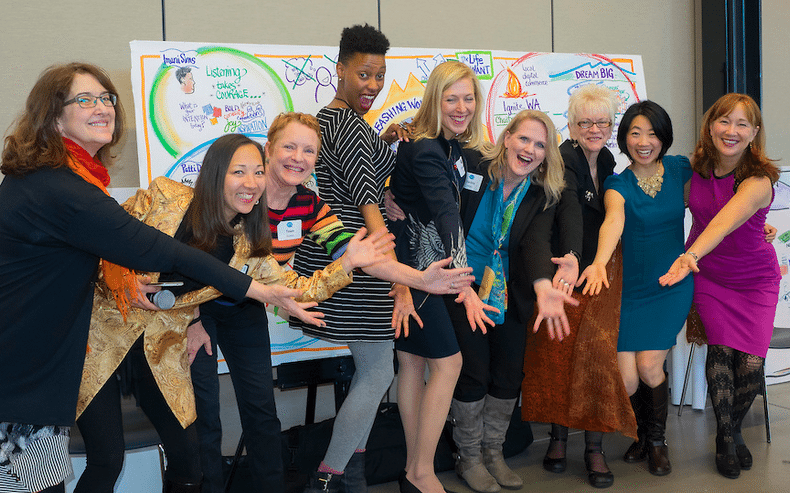 Ignite Your Leadership Skills with the Creativity Symposium
Ignite Your Leadership Skills with the Creativity Symposium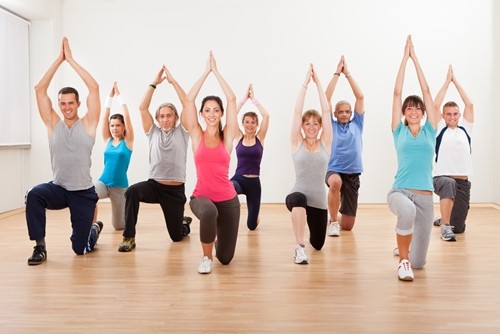

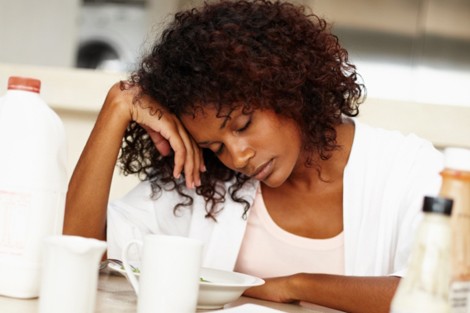
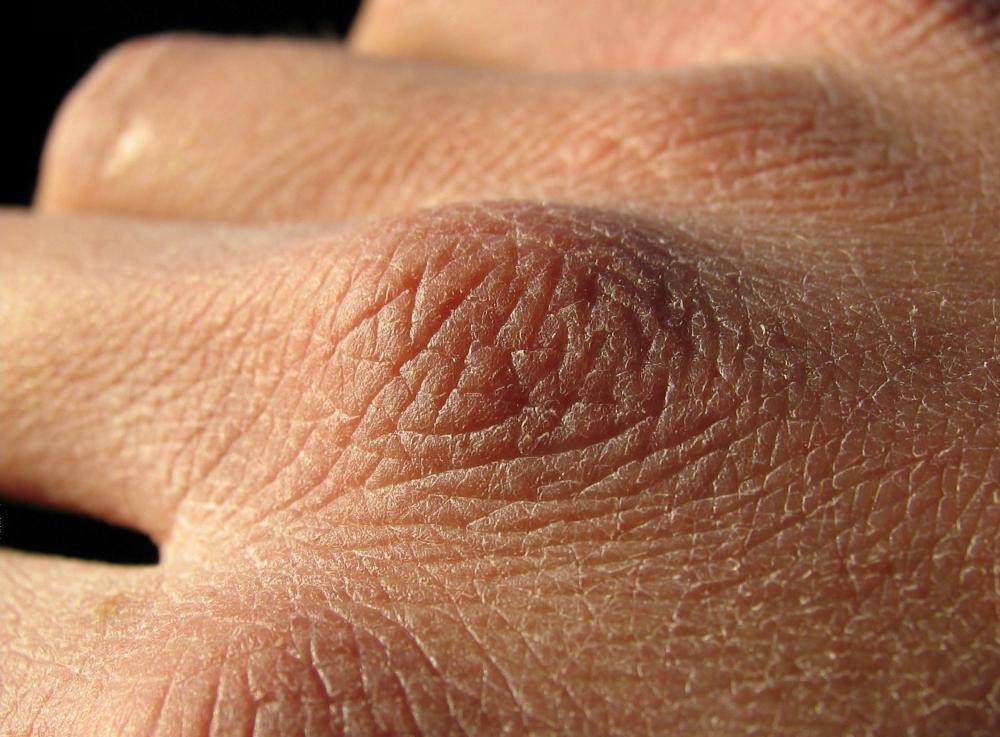
 Booking a massage appointment in Queen Anne is now easier than ever! As of
Booking a massage appointment in Queen Anne is now easier than ever! As of 
